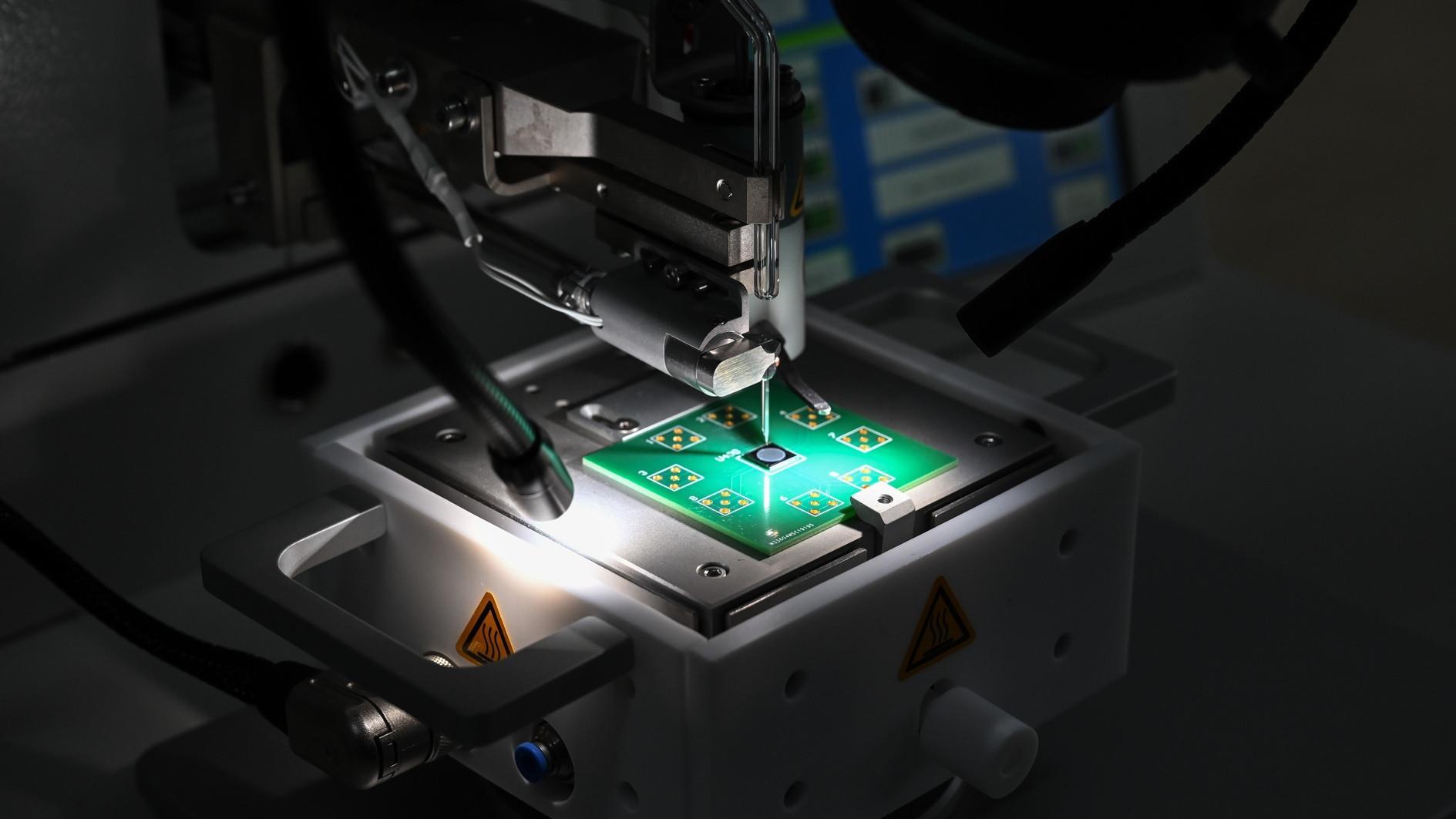
Researchers at Middle East Technical University (ODTÜ) have unveiled a groundbreaking solution to one of the most persistent challenges smartphone users face charging.
The team has developed a microelectromechanical system (MEMS) neurister device that could extend smartphone charging cycles to as long as one year.
The project, led by Barış Bayram and research assistant Berre Vize from ODTÜ’s Electrical and Electronics Engineering Department, was carried out at the university’s ULTRAMEMS Research Laboratory.
It received support from the Industry and Technology Ministry, the Council of Higher Education and TÜBİTAK. The groundbreaking technology, dubbed “MEMS Neurister,” mimics the functionality of the human brain to process information with remarkable energy efficiency.
Bayram explained that the human brain operates at just 25 watts of energy, whereas replicating its functions using traditional processors would require 25 megawatts — a staggering energy demand.
“The brain achieves this efficiency because its memory and processing units are integrated,” he said.
In contrast, conventional computers rely on separate modules for memory and processing, resulting in higher energy consumption and slower data transfer.
The MEMS neurister integrates memory and processing into a single structure, significantly reducing energy usage and eliminating delays caused by constant data transfer between separate units.
The device also tackles security concerns related to mobile data sharing. Due to limitations in current processing, smartphones often depend on external servers, which increases the risk to personal data.
The MEMS neurister enables local processing on devices, offering improved data privacy and reduced energy consumption.
The research, which took four years to complete, is currently undergoing a patent application process. Bayram revealed that the device is fully compatible with existing production technologies, enabling rapid commercialization by global tech companies.